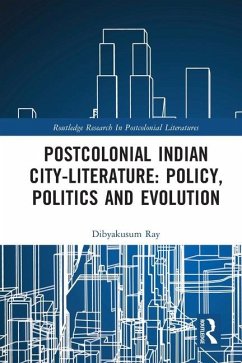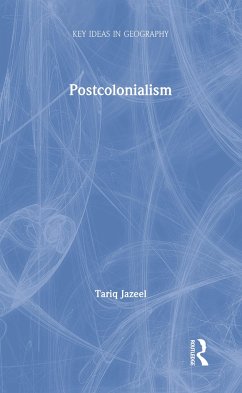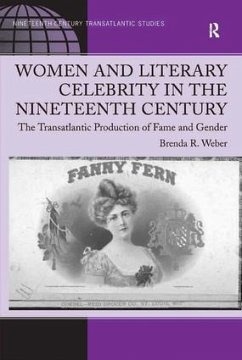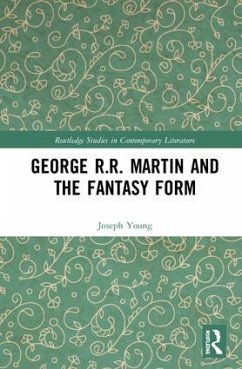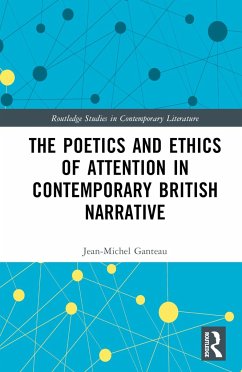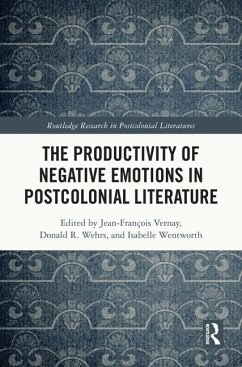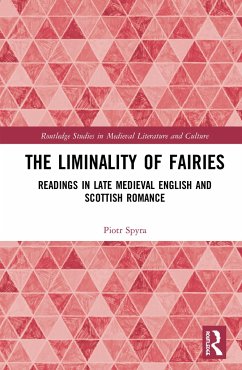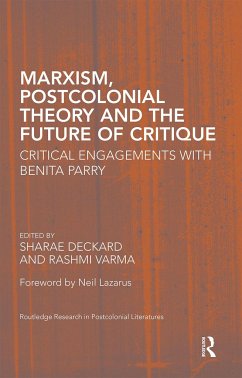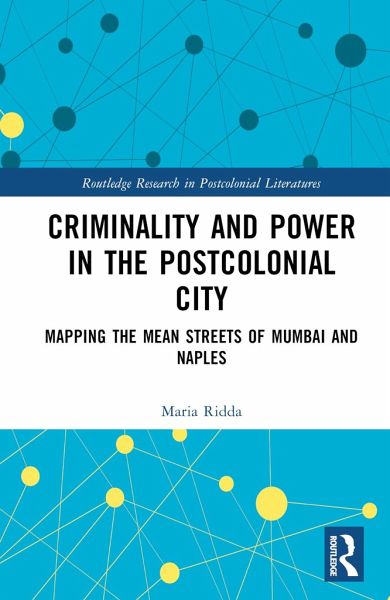
Criminality and Power in the Postcolonial City
Mapping the Mean Streets of Mumbai and Naples
Versandkostenfrei!
Versandfertig in 1-2 Wochen
169,99 €
inkl. MwSt.
Weitere Ausgaben:

PAYBACK Punkte
85 °P sammeln!
Employing the literary imaginings of the postcolonial city in texts set in Naples and Mumbai from the 1990s to the present, this book posits the discourse on criminality as a way to investigate the contemporary spatial manifestations of coloniality and global capitalist urbanity.




